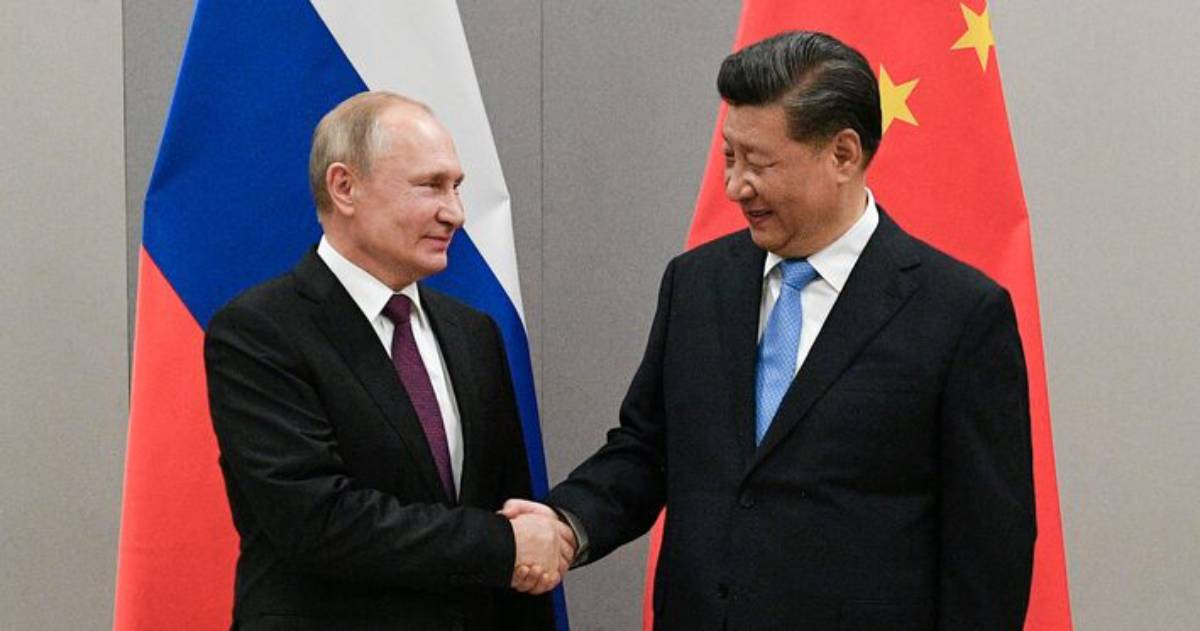University graduates in China face tough job market

Wang Li graduated from university with a degree in political science and public administration. Now she is working in Guiyang, southwest China, as a live-in domestic help. It is not her first choice, but the only way to pay back her student loans.
Her situation is a vivid example of the plight of highly educated Chinese who cannot find work they want – or any work at all. Latest figures show unemployment in May of those between 16 and 24 at a record 20.4 per cent. The rate will increase with the 11.6 million graduates this summer, also a record, coming on the job market. This rate is higher than in European countries like France and Italy.
The unemployment rate in May of those between 25 and 59 was only 4.1 per cent. This tells us that there are many jobs available – but graduates do not want to do them. Examples are assembly line work in factories, domestic service, cleaning, working in cafes and restaurants and delivering goods ordered online.
Several factors explain the record figure. One is the Covid pandemic, which shut down thousands of businesses, especially private ones and those in the service sector. Many have not re-opened.
The second is government crackdowns on sectors popular with graduates – property, education platforms, high-tech companies, e-commerce and gaming.
The third is the slow recovery of the overall economy since the lifting of Covid restrictions. In the second quarter this year, GDP grew just 0.8 per cent, down from 2.2 per cent growth in the first quarter. In May, private fixed-asset investment turned negative for the first time since 2020.
In the face of this slowdown, many companies, especially in the private sector, are reluctant to invest or hire new staff. The private sector accounts for 80 per cent of urban employment in China.
The civil service is a popular choice with graduates because it is stable, prestigious and well paid. This year a record 2.6 million people applied, nearly double the number in 2019. But only 1.4 per cent were accepted.
President Xi Jinping himself has little sympathy for graduates unwilling to take dirty jobs or work in the countryside. During the Cultural Revolution (1966-76), he spent seven years at a village in Shaanxi province, digging ditches and working with farmers. He came to regard the experience as positive. He has told unemployed graduates to “ask for hardship”.
The China Macroeconomy Forum, a think tank, said the problem of youth employment may continue for 10 years in the future and continue to worsen in the short term, “If handled improperly, it will lead to further social issues outside the economic field and even become a trigger for political issues,” it said.
Many jobs on offer pay meagre salaries. A job fair in Zhengzhou, capital of Henan province, offered posts selling electric vehicles or medical equipment for salaries as low as 3,000 yuan a month and hours up to 70 hours a week. They are not what the graduates studied for.
Yang Mei, who graduated in accounting from a private university, found a job in Chengdu that pays 3,000 yuan, one third of what her father earns working in construction. She said that her father had paid so much for her education, but now considered the investment not worthwhile. Fees at public universities cost about 30,000 yuan a year.
In order to upgrade the quality of its workforce, the government and parents have invested hundreds of millions of yuan in education and new universities. But the result is that the value of a degree has been devalued, except those from famous universities like Peking, People’s, Tsinghua and Fudan.
This unemployment will only worsen China’s demographic crisis. In 2022, China had 6.83 million marriages, the lowest since 1986. Last year the population decreased by 850,000, with a historic low of 9.56 million births. This year the number could fall below eight million.
Young people who are out of work or earn a few thousand yuan a month are in no position to marry, let alone start a family and purchase an apartment.
“China is experiencing a chronic demographic decline,” said Mu Guangzong, professor of demography at the Institute of Population Research at Peking University. “Young people tend to build their careers before starting a family. Many couples even decided not to have any children, increasing the number of DINK (double-income, no kids) families.”
Sending young people to the countryside is not the solution to youth unemployment.
-- Contact us at english@hkej.com
-

Czech National Ballet in Hong Kong Arts Festival Kevin Ng
Nowadays Hong Kong seldom plays host to overseas ballet companies, except during the annual Hong Kong Arts Festival. Czech National Ballet is the only ballet company touring this year’s Festival. Its
-

Are Hong Kong migrants to UK returning home? Mark O'Neill
“She was a schoolteacher in Hong Kong and now works as a cashier in a supermarket in Britain. I think she and her husband would like to come back but it is a question of face. How would she explain
-

Collaboration to Transform Waste into Resources Dr. Winnie Tang
Over the past decade, the amount of waste produced by Hong Kong residents has remained high. According to government data, the per capita municipal solid waste disposal rate per day in Hong Kong
-

Is certainty a sin? Brian YS Wong
A few weeks back, I watched one of the most widely anticipated releases of 2024 – Conclave, a riveting political thriller directed by Edward Berger. Without giving too much away, I would settle for
-

Why Carpe Diem Brian YS Wong
“Carpe Diem” – we are told. To seize the day, is a moral prerogative. We must expend each and every hour, minute, and second with due care and caution, paying conscientious heed to the fact that our

